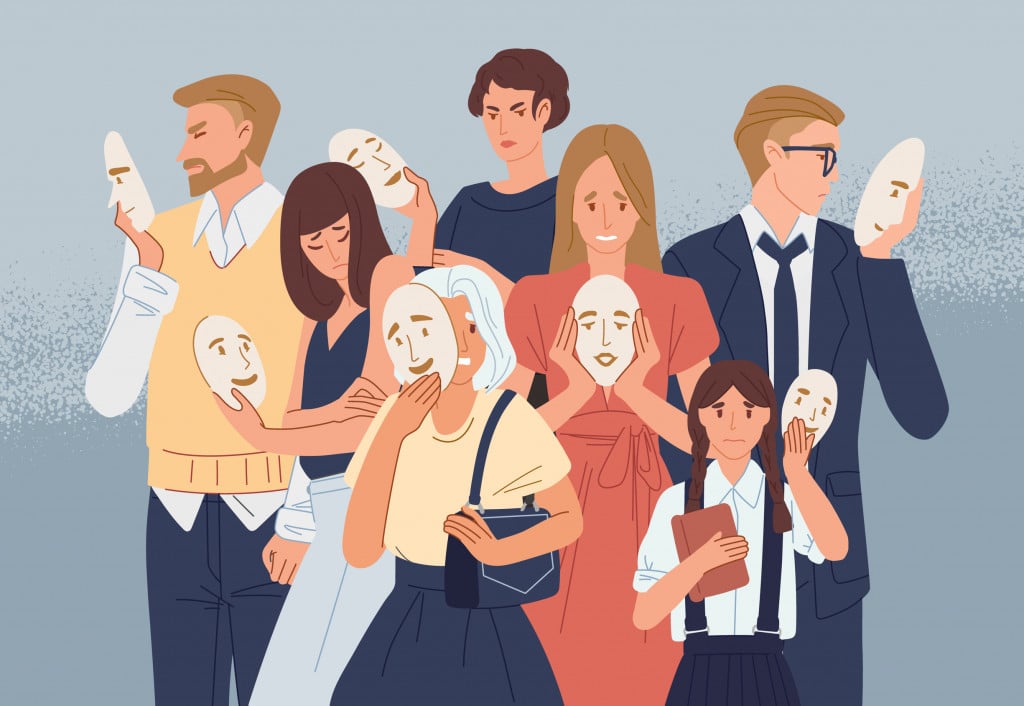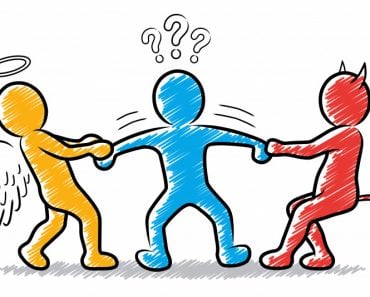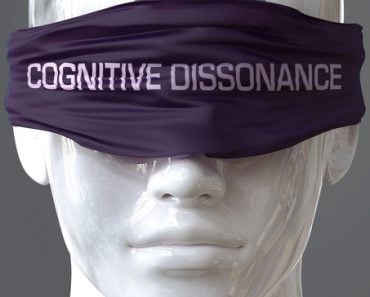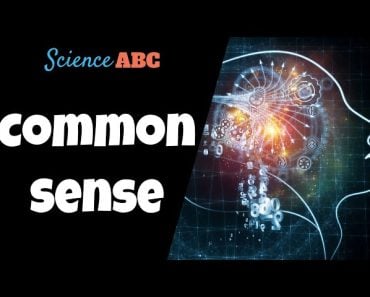Table of Contents (click to expand)
We give up our personal freedoms to conform to social norms because those norms provide stability within a society. Social psychologists have looked at what following social norms offers individuals and societies.
If there is a queue, you will stand at the back of the line. When you step into a restaurant, you know exactly what to expect. You will walk towards an assigned table, peruse the menu, and order some food. You probably also know that after finishing your food, you must pay the bill and tip the server. Similarly, in a theater, we know that we have to scan our tickets, look for our seats, switch off our phones, and maintain silence when the movie begins. Break any of these rules—cut in line, fail to tip, or talk during a film in a theater—there will be consequences of disapproval, shame, or simple eviction from the premises.
Even though we value our personal freedoms, you have likely noticed yourself following these rules. Even if you have an important call to take in the theater, you will probably excuse yourself to go outside the theater to answer it. This indicates that we are willing to let go of what we want to do in a given moment due to the pressure of social norms.
Social psychologists have tried to research why we give up some of our personal freedoms for the greater societal good.
Recommended Video for you:
What Is Conformity?
Conformity is the pressure we feel to behave in ways that are consistent with the established rules indicating how we should or ought to behave. The rules can be obvious (“Keep off the grass!” or “No Parking”) or subtle (giving up your seat to an elderly person or tipping at a restaurant). These norms have powerful effects on our chosen behaviors.
The striking and surprising effects of conformity were provided by Solomon Asch’s conformity experiment. Solomon Asch is a well-known social psychology researcher, popular for his classical conformity experiments. His conformity experiment consisted of a number of “vision tests” where participants of the study were asked to indicate which line was similar to the standard line in question. However, before participants could reply, each person in their group gave an obviously “incorrect” answer to create the pressure of an implicit group norm. These individuals who gave incorrect answers were not participants, but research assistants set up by Asch.

He found that since some people gave the incorrect answer, the real participants of the study also felt compelled to give the wrong answer, thus conforming to the social norm of the group. The answer was extremely simple, and even though the participants knew they were giving an incorrect answer, the majority of them still went ahead with the wrong answer! That seems like a lot of pressure to conform to the group norm!
Why Do We Follow Social Norms?
When we first think of conformity, we might think of it as objectionable; it feels like a restriction on our personal freedom. However, another truth is that without conformity, our world would become very chaotic, very quick. For instance, if no one followed traffic signal rules, we would experience chaos! People would not follow lane discipline, there would be uncertainty while crossing roads, and it would quickly lead to minor and major accidents!
Social norms cut out the uncertainties of social life. Whether social norms are informal or formal, most of us follow them most of the time. For instance, irrespective of one’s political beliefs, virtually everyone stands when the national anthem of their country plays, just as most people feel compelled to remain silent in the theater.
When we don’t have social norms to follow, our actions can quickly become unpredictable, which can also be dangerous. A final reason why people follow social norms is to look good to others and come off as good citizens who follow the rules. We do this so that we can fit in with others and feel like a part of our community.
Since conformity is a basic fact of social life, researchers have tried to understand why this occurs. We will cover two main ideas that research has discovered about why we conform to group norms more often than not.
Normative Social Influence

One reason we feel compelled to conform is because we want to be liked by others. From the very first days of our lives, we have learned that when we agree with others, they tend to like us. Due to this approval that we get from our parents, teachers, friends, and other people in our life, we end up agreeing with them often and are even reinforced to do so. We get approval from others by being similar to them. This important need to be liked, approved of, and accepted by others is one of the driving factors of conformity. This is known as normative social influence, where we are influenced to follow social norms in order to be liked and validated.
Informational Social Influence
There are not right or wrong answers in the social world. For instance, if you want to know your weight, you can easily step on a weighing scale, but when it comes to knowing if your political views are accurate, there is no means of measuring them or answering these questions. However, even after knowing that there is no way we can know if political views are “correct” or not, we are still concerned about wanting to be seen as “correct” in this regard.
The way we resolve this dilemma is by referring to other people. We use their opinions and actions as a guide for our own behaviors and opinions. If everyone believes in a particular opinion, we feel that there must be some truth to it. In this way, we let them guide our own actions and feelings about social issues. This phenomenon that drives conformity is known as informational social influence, because we are using the information we gather from others to influence our social behavior.

Informational social influence is the highest in situations where we are not sure what is “accurate” or “correct” for a particular view or behavior. When we have confidence in ourselves and our own ability to decide our opinions and behaviors, we don’t rely so much on the information we gather from others.
That said, it is important to note that we don’t follow social norms like sheeple; in fact, social norms are created by and large by us, the people who are a part of society. This is why as people and societies change and evolve, social norms also change. For instance, women’s voting rights, women pursuing their own careers, LGBTQ+ relationships, men enjoying cooking/domestic work… all of these are examples of a social norms that have evolved over time as a product of society fundamentally changing.
References (click to expand)
- Cialdini, R. B., & Goldstein, N. J. (2004, February 1). Social Influence: Compliance and Conformity. Annual Review of Psychology. Annual Reviews.
- Deutsch, M., & Gerard, H. B. (1955, November). A study of normative and informational social influences upon individual judgment. The Journal of Abnormal and Social Psychology. American Psychological Association (APA).
- (1967) Asch Conformity Studies - JSTOR. JSTOR
- Baron, R. S., Vandello, J. A., & Brunsman, B. (1996). The forgotten variable in conformity research: Impact of task importance on social influence. Journal of personality and social psychology, 71(5), 915.












